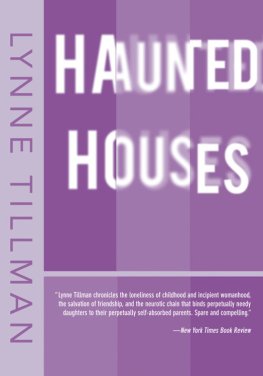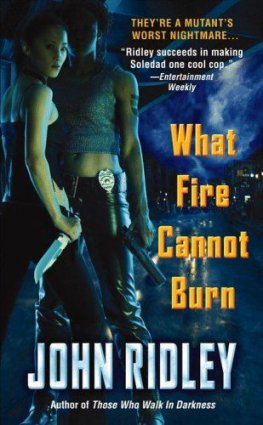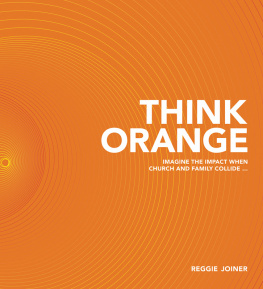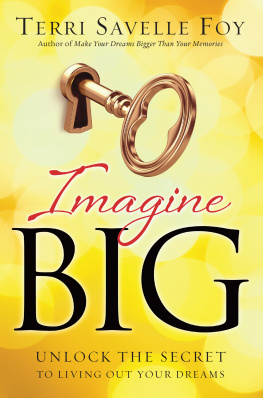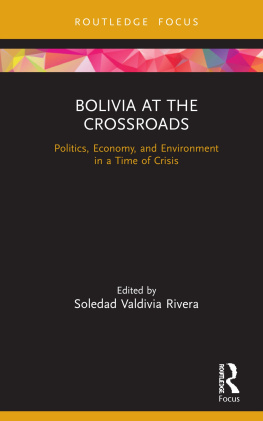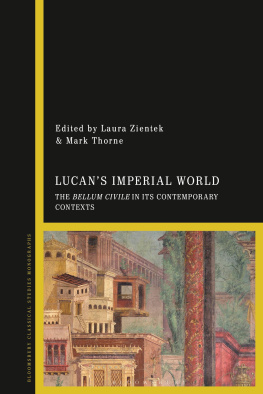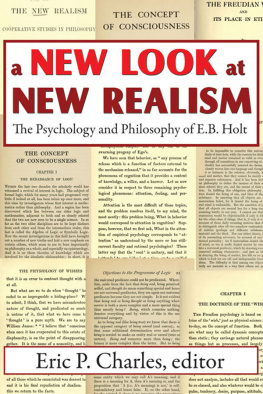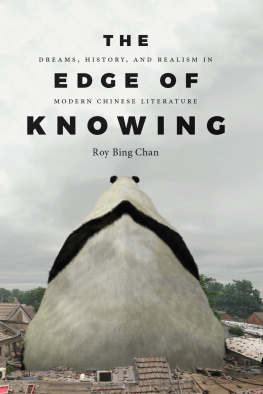Grise - Blu
Here you can read online Grise - Blu full text of the book (entire story) in english for free. Download pdf and epub, get meaning, cover and reviews about this ebook. City: United States, year: 2011, publisher: Yale University Press, genre: Detective and thriller. Description of the work, (preface) as well as reviews are available. Best literature library LitArk.com created for fans of good reading and offers a wide selection of genres:
Romance novel
Science fiction
Adventure
Detective
Science
History
Home and family
Prose
Art
Politics
Computer
Non-fiction
Religion
Business
Children
Humor
Choose a favorite category and find really read worthwhile books. Enjoy immersion in the world of imagination, feel the emotions of the characters or learn something new for yourself, make an fascinating discovery.

- Book:Blu
- Author:
- Publisher:Yale University Press
- Genre:
- Year:2011
- City:United States
- Rating:5 / 5
- Favourites:Add to favourites
- Your mark:
- 100
- 1
- 2
- 3
- 4
- 5
Blu: summary, description and annotation
We offer to read an annotation, description, summary or preface (depends on what the author of the book "Blu" wrote himself). If you haven't found the necessary information about the book — write in the comments, we will try to find it.
Blu — read online for free the complete book (whole text) full work
Below is the text of the book, divided by pages. System saving the place of the last page read, allows you to conveniently read the book "Blu" online for free, without having to search again every time where you left off. Put a bookmark, and you can go to the page where you finished reading at any time.
Font size:
Interval:
Bookmark:
THE YALE DRAMA SERIES
 David Charles Horn Foundation
David Charles Horn Foundation
The Yale Drama Series is funded by the generous support of the David Charles Horn Foundation, established in 2003 by Francine Horn to honor the memory of her husband, David. In keeping with David Horns lifetime commitment to the written word, the David Charles Horn Foundation commemorates his aspirations and achievements by supporting new initiatives in the literary and dramatic arts.
VIRGINIA GRISE
Foreword by David Hare

Copyright 2011 by Virginia Grise.
Foreword copyright 2011 by David Hare
All rights reserved.
This book may not be reproduced, in whole or in part, including
illustrations, in any form (beyond that copying permitted by Sections
107 and 108 of the U.S. Copyright Law and except by reviewers for
the public press), without written permission from the publishers.
Yale University Press books may be purchased in quantity for educational,
business, or promotional use. For information, please e-mail
sales.press@yale.edu (U.S. office) or sales@yaleup.co.uk (U.K. office).
Set in ITC Galliard type by Duke & Company, Devon, Pennsylvania.
Printed in the United States of America.
Library of Congress Cataloging-in-Publication Data
Grise, Virginia.
Blu / Virginia Grise.
p. cm.(The Yale drama series)
ISBN 978-0-300-16922-5 (pbk. : alk. paper)
I. Title.
PS3607.R569B57 2011
812.6dc22
2011019727
A catalogue record for this book is available from the British Library.
This paper meets the requirements of ANSI/NISO Z39.481992
(Permanence of Paper).
10 9 8 7 6 5 4 3 2 1
All inquiries concerning stock and amateur rights should be addressed directly to the author at vgrise@gmail.com. No stock or amateur performances of the play may be given without obtaining in advance the written permission of the author, and paying the requisite fee.
for the children who live under the blades of the helicopters,
trying to see stars through the smog, for that place where the horizon meets the earth
can you see it?
by David Hare
The publication of blu in this beautiful edition brings to an end my tenure choosing the winner of the Yale Drama Series. I inherited the job from the founding judge, Edward Albee, and I am now content to hand it over to John Guare, confident that he will bring a special energy and expertise to the role. But before I do, its worth recording how enlightening I have found the experience over two years of supervising the reading of 1,500 unpublished plays in the English language.
Sometime in the 1980s, I served briefly on the jury of another prize, exclusively devoted to plays by women dramatists. We scratched around for a long time trying to find a winner. The entries were worthy but dull. Now, a full generation later, its remarkable how significant a majority of the best plays currently being submitted to this competition are by women. Frances Ya-Chu Cowhig won last year for Lidless, which as I write is about to open at the Trafalgar Studios in London, and now Virginia Grise has won for blu. Of the twelve finalists we short-listed in 2010, nine were female.
Clearly something is going on, and something which seems long overdue. Doris Lessing is clearly not alone in feeling that I hate talking about literature in terms of men and women. It isnt helpful. But on the other hand, many of us are dismayed to have worked so long in a theatre culture in which women were chiefly required backstage to wipe the brows of the male prodigies. Of course, the idea of progress in the arts is inherently absurd. Art is not a science which advances ever forward over new ground. Can Stravinskys music properly be said to be an advance on Bachs? Is Ibsen an advance on Shakespeare? And, similarly, nobody of any understanding or experience would confuse art with self-expression. Even less is it therapy. The most propitious circumstances may not produce great work. However, surely we can at least say that the likely percentage chance of seeing interesting plays in a theatre will be hugely improved when half the human race dont feel themselves disadvantaged before theyve even set pen to paper.
Like most people, Im slightly embarrassed by morale-raising exercises in the arts designed to prove that a brave new world of progressive artists and audience is on the point of being created. With some rare exceptionsJoe Papp is the most obviousthe people who talk loudest about such ambitions are rarely the best at bringing them about. Of course, I want as many people as possible from as many backgrounds as possible to come to the theatre. But I also want the play to be good when they get there. Full theatres are great, but what if theyre full of rubbish? In Britain, in the past twenty years, we have had a number of prominent arts organizations supremely skilled at ticking the aspirational boxes required by funding organizations, and rather less skilled at presenting plays. When I was growing up, after all, the greatest new dramas of the day were usually scorned by critics and prize-givers alike, and presented to near-empty houses made up only of a habituated middle-class audience. Yet in the fifty years since their elite premieres, those same plays have gone on to reach and inspire millions of people in countless languages all over the world. If, as I did, you shared with John Osbornes widow the experience of opening letters from teenage students in India who had just written in at the news of Johns death to say that their lives had been changed by reading Look Back in Angera play first presented in a run-down four-hundred-seat theatre in southwest Londonthen you will know that plays, perhaps beyond all other art forms, often take a curious course, reaching out in ways considerably less programmed than any outreach programme could possibly design.
Be clear: all this is not the argument for the status quo, nor against the noble aim of attracting a younger and more diverse audience into the playhouse. But it is, on the contrary, a reassertion of an often-forgotten truth. In art, as in politics, the most profound change usually comes from below. A recent brilliant film by Clio Barnard, The Arbor, has drawn timely attention to the example of Andrea Dunbar, the playwright who, in the early 1980s, began to write in a school notebook the story of her life on a so-called sink estate in Bradford. She was a natural dramatist, with an exceptional gift both for structure and for dialogue, She has a notably unsentimental view of what it had been like to be born and to fight for survival in the most depressing of circumstances. Rita, Sue, and Bob Too remains her best-known work. But before Dunbar died of a brain haemorrhage at the age of twenty-nine, it was already clear that part of her eminence stemmed from her isolation. In spite of her exceptional talent, or perhaps because of it, she disturbed both theatre audiences and theatre-workers with an implicit question: If I, a single mother from Yorkshire, can write this well about a way of life the theatre generally ignores, just think how many more uneducated young women there must be who, given half a chance, could out-write some of the theatres most highly regarded playwrights.
It was a heady glimpse into possibility, and now perhaps at last we are beginning to see just a little bit more of that possibility opening up. I started out at a time when there were few women writing for the theatre. Even my legendary theatrical agent, Peggy Ramsay, about whom a number of admiring books have been written, disdained women and usually refused to take them as clients. Women cant write plays, she would say. Women write novels. She was mystified even by Caryl Churchill, whom she represented with a mixture of puzzlement and awe. What lay behind Peggys view was the all-too-familiar belief that women work best in the realm of the private, that they are more expert in the inner life than in the outer. Jane Austens unwillingness to make mention of events beyond the hearth while the Napoleonic wars were raging was always evoked as damning evidence of womens preferred field of operation. The fact that Peggy also acted for the novelist Jean Rhys did little to allay her prejudices.
Next pageFont size:
Interval:
Bookmark:
Similar books «Blu»
Look at similar books to Blu. We have selected literature similar in name and meaning in the hope of providing readers with more options to find new, interesting, not yet read works.
Discussion, reviews of the book Blu and just readers' own opinions. Leave your comments, write what you think about the work, its meaning or the main characters. Specify what exactly you liked and what you didn't like, and why you think so.

